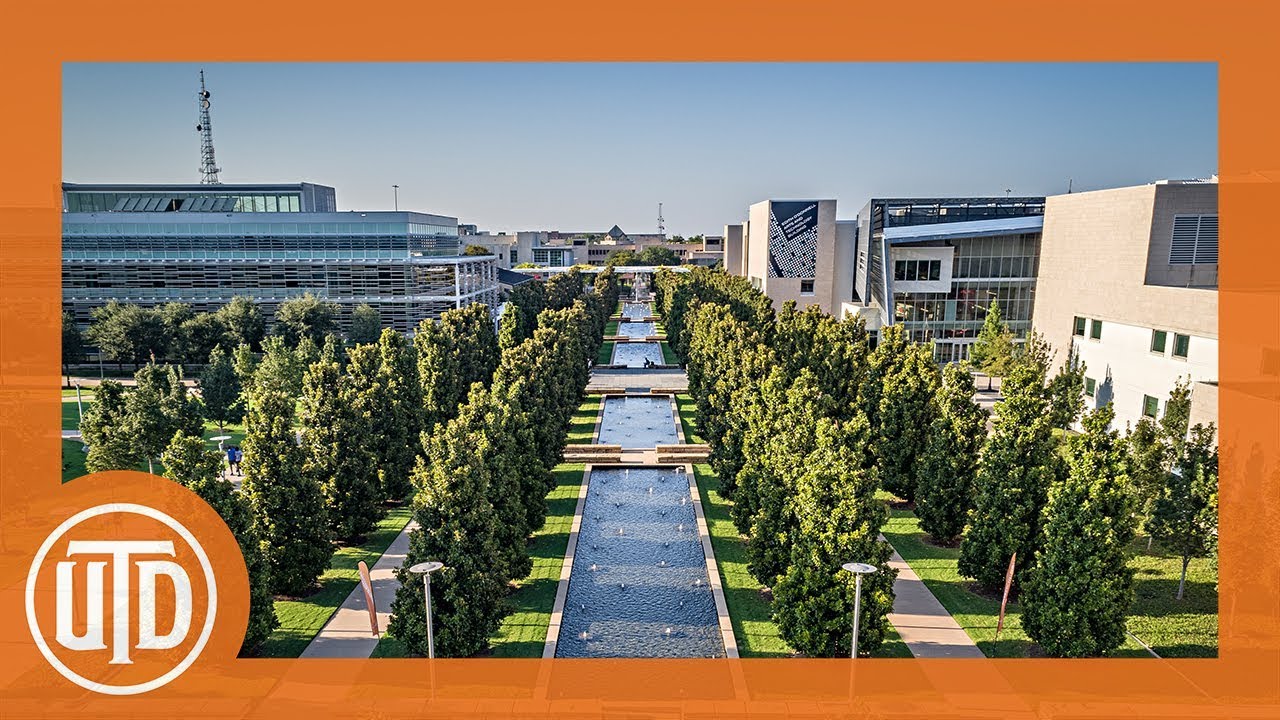Scholarship: Full award
Degree: BS/MS
Nationality: International Students
Location: USA
Application deadlines: Open until filled
Scholarship Description:
Our interdisciplinary research focus is on developingnanotechnology-based approaches to better understandand overcome brain barriers and revolutionizing point-of-care infectious disease diagnosis. Recent efforts have led to new enabling tools for transient opening of blood-brain barrier, optically probing the brain extracellular space, and innovative diagnostic methods. Our work is externally funded by federal and state agencies (NSF, NIH, CDMRP and CPRIT) and non-profit organizations (American Heart Association). Our lab closely works with active researchers both at UT Dallas and other institutes including from UT Southwestern Medical Center, Icahn School of Medicine at Mount Sinai, Yale University, UC Berkeley and Stanford. More information could be found on our website: https://www.nanobrainlab.net/
We have several positions in the interdisciplinary area of nanomaterials, brain barriers, and imaging. These three research opportunities include:
- 1. We are seeking a postdoctoral associate and PhD students to work on a collaborative project that involves innovative nanotechnology for CAR T cellsand its application towards precision cell and immunotherapy. We are looking for postdoctoral candidates who have experience in CAR T cell therapy or immunotherapies, and/or cellular biology related to cancer treatment. Candidates with experience in nanomaterials and optics are advantageous. The candidate is expected to prepare manuscripts and/or grant proposals, along with a publication record in peer-reviewed scientific journals.This project is supported by NIH. Learn more about this work at this recent publication (acsnano.9b01993).
- 2. We are seeking for a postdoctoral associate and PhD students with strong background in photonics, opticalmicrocopy or a related field. Recently, we have developed an optical approach to investigate the molecular transport and signaling through the brain extracellular space in vivo using two-photon microscopy. The upcoming project is to build a two-photon light sheet microscopy to map the transport and signaling across different brain regions or over the whole brain. The candidate will collaborate with Dr. Yichen Ding in UT Dallas, who is an expert inoptical imaging and light-sheet microscopy. The requisite skills for an applicant include, but are not limited to, (1) experience in optical system design and laser technologies; (2) image acquisition and processing. Candidates with experience in multi-photon microscopy or light-sheet microscopy are advantageous. The project is supported by the BRAIN initiative RF1 grant (NS110499) and NSF grant (2123971).
- 3. We are seeking for a postdoctoral associate and PhD students with strong background in microfluidic fabrication and related applications. The potential candidate will perform in vitro diagnosis that is implemented on microfluidic devices and lab-on-a-chip systems. The project will be highly interdisciplinary and fast-paced, having multiple collaborating labs in optics, diagnosis, and microfabrication. The candidate is expected to work together with other graduate students and postdoctoral researchers in the laboratory, publish results in journals, write project reports, and assist with proposal preparation. The project is supported by the NIH and DOD grants.
- 4. We are seeking for a postdoctoral associate and PhD students with strong background and interest in blood-brain barrier and related applications, to join a multidisciplinary and a highly collaborative team working on developing novel techniques to modulate the blood-brain barrier permeability for drug delivery into the central nervous system. Experience in one or more of the followings are required for the position: blood-brain barrier modulation, focused ultrasound technique, viral and non-viral delivery, lipid nanoparticle formulation, cancer immunotherapy, neuroscience and animal disease models. The project is supported by (AHA, CDMRP and CPRIT). Learn more about our related work at this recent publication (https://doi.org/10.1021/acs.nanolett.1c02996).
- 5. We are inviting applicants for a research technician(BS, MS level) with experimental skills and techniques in biochemistry and translation research, to join a multidisciplinary and a highly collaborative team working on developing novel nanotechnologies to modulate the blood-brain barriers and blood-spinal cord barrier permeability for drug/gene delivery. Translational work experience with small animal models in one or more of the following fields are required for the position: neurodegenerative disease, brain tumor, chronic pain, spinal cord tumor, or spinal cord injury. The project is supported by DOD and CPRIT.
Available Subjects:
Nanomaterials, Neurophotonics, Brain Barriers, and Microfluidics
Eligibility criteria:
The successful postdoctoral applicants will have a PhD in materials science, engineering, biology or neuroscience, and research technician will be at BS/MS level. Ideal candidates should be able to work in a collaborative environment, lead projects, learn new skills, communicate effectively, and accommodate some local or domestic travel for collaborative studies if necessary.
Application Procedure:
Interested candidates should send a cover letter indicating your interest, CV, top 3 publications and references to in PDF format to Dr. Qin ([email protected]) and Dr. Gao ([email protected]). Successful applicants will be offered with competitive salary and benefits. These positions are open immediately and we are interviewing candidates on a rolling basis.

